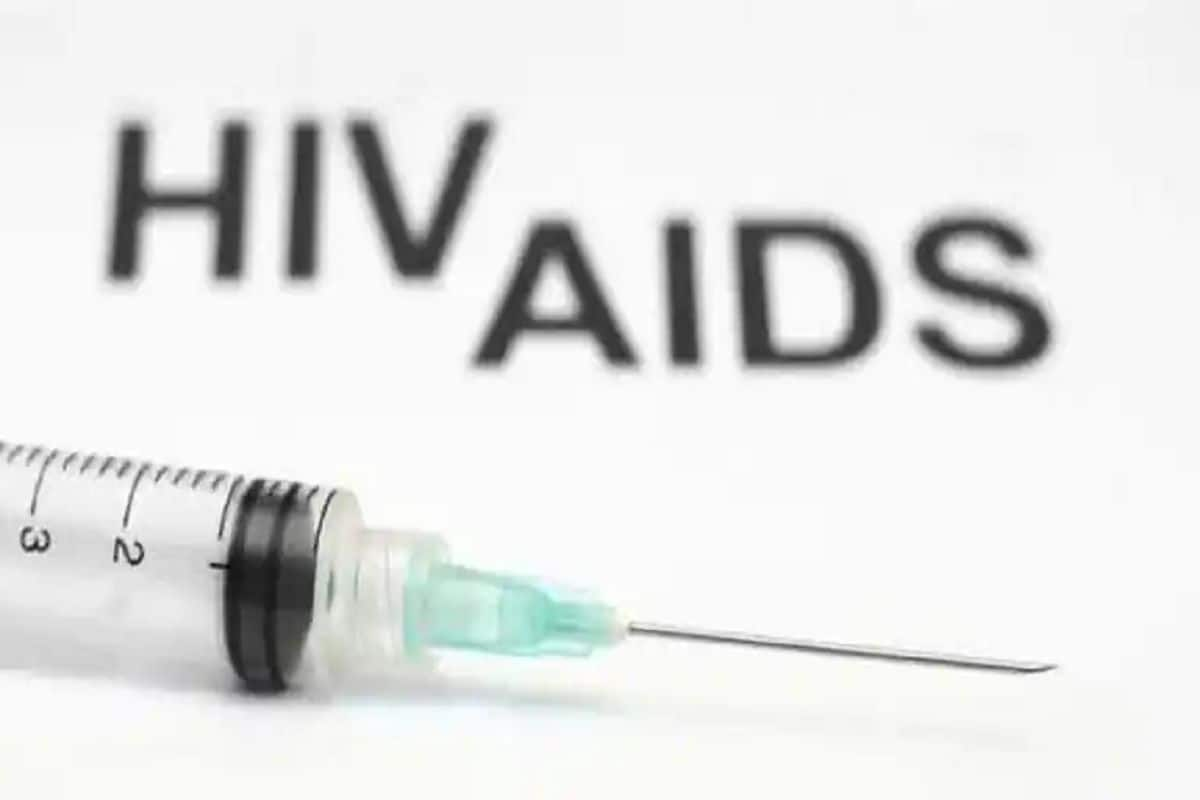
HIV (human immunodeficiency virus) is a virus that attacks important cells that help the body fight disease and infection. If HIV is not treated, it can lead to AIDS (acquired immunodeficiency syndrome), a chronic, potentially life-threatening condition. Today, people living with HIV can expect to live as long as their peers who do not have HIV, provided they get access to life-saving treatment with HIV medicines (called antiretroviral therapy or ART). At present, prevention of HIV largely focuses on behavioural and biomedical interventions such as voluntary medical male circumcision, condom use, and anti-retroviral drugs used prior to exposure. But vaccines are seen as a powerful tool to control and ultimately end HIV globally. While there is no licensed vaccine against HIV yet, a safe and effective preventive HIV vaccine is not far away.
Scientists at the University of Oxford have launch Phase I clinical trial of a novel HIV vaccine candidate in the UK. Called HIVconsvX vaccine it is a mosaic vaccine that can target a broad range of HIV-1 variants, meaning it is potentially applicable for HIV strains in any geographical region. The Phase I clinical trial will evaluate the safety, tolerability and immunogenicity of the vaccine, the University said in a statement.
Initially,13 healthy, HIV-negative adults, aged 18-65 and who are considered not to be at high risk of infection, will be given one dose of the vaccine followed by a further booster dose at four weeks, it said.
The results of the trial are expected to be released by April 2022. Similar trials are also planned in Europe, Africa and the US.
How it is different from other HIV vaccine candidates
Unlike most HIV vaccine candidates that induces antibodies generated by B-cells, HIVconsvX induces the immune system’s potent, pathogen obliterating T cells. Thus, it targets the highly conserved and therefore vulnerable regions of HIV — an “Achilles heel” common to most HIV variants.
“Achieving protection against HIV is extremely challenging and it is important that we harness the protective potential of both the antibody and T cell arms of the immune system,” said Paola Cicconi, Senior Clinical Research Fellow at the Jenner Institute, as quoted by IANS.
According to lead researcher Tomas Hanke, Professor of Vaccine Immunology at the Jenner Institute at Oxford, they will also evaluate this novel vaccine strategy in people living with HIV for cure.
Covid-19 could cause additional AIDS-related deaths
According to the Joint United Nations Programme on HIV/AIDS (UNAIDS), 37.6 million people globally were living with HIV in 2020. While 1.5 million people became newly infected with HIV in 2020, as many as 690,000 people died from AIDS-related illnesses worldwide in the same year. AIDS-related deaths have been reduced by 61% since the peak in 2004. But UNAIDS and the World Health Organization (WHO) estimates that the Covid-19 pandemic could cause additional AIDS-related deaths if treatment is disrupted.
Current evidence suggests that HIV-positive people have a higher risk of becoming seriously ill from COVID-19. Hence, health authorities strongly recommend that people living with HIV should get vaccinated to protect themselves from Covid-19.
This post first appeared on The Health Site










